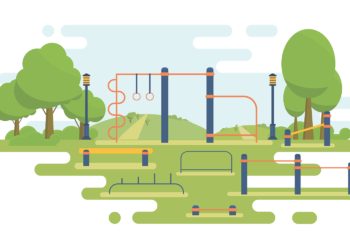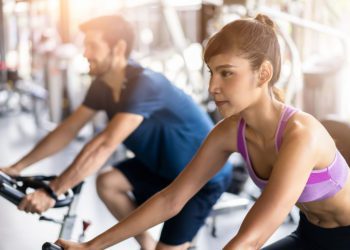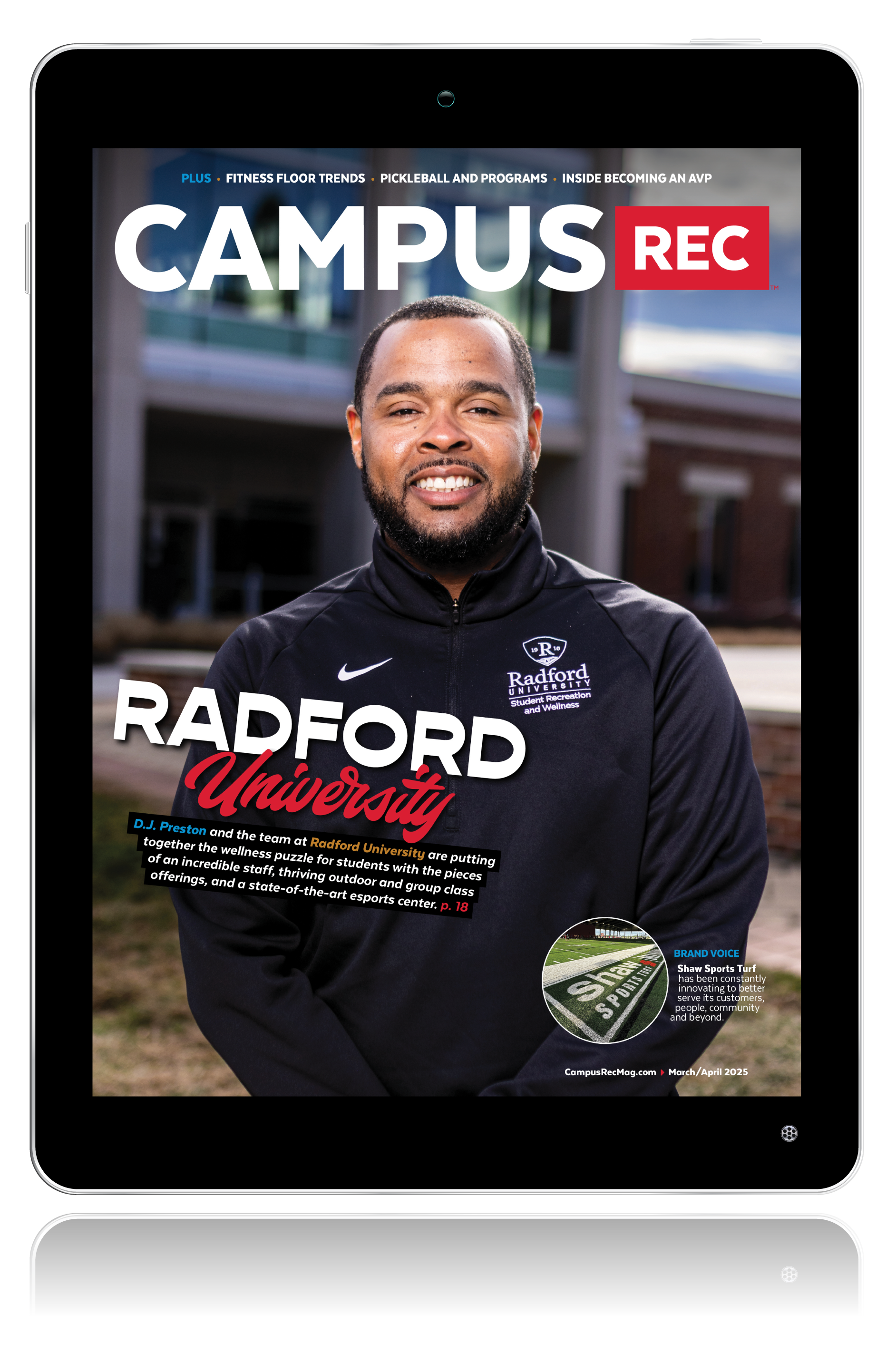Without a doubt, our COVID-19 challenges have been enormously complicated and very stressful since its outbreak. However, there have been positive developments and lessons which can be learned from this difficult experience. Here are a few observations worth sharing with students engaged in your campus recreation programs:
First, a campus life experience should include the free exchange of ideas, critical thinking, research opportunities and some practical ways to commit one’s self to the advancement of our greater society. This pandemic has demonstrated bringing together higher education, health professionals, scientists, medical experts, as well as business and governmental leaders to solve this crisis has been working quite well. For example, a number of potential vaccines and therapeutics are being developed at “warp speed” and this has astonished many experts who said this could not be done so quickly.
Secondly, although there has been some dissent concerning these efforts and promising outcomes, we should not lose sight of how American ingenuity, coupled with a spirit of cooperation and competition, has enabled us to achieve these initial gains. Students in the health sciences today should be greatly inspired and motivated even more to do well in their studies as they personally witness this emerging success story. This can be an encouraging theme in your campus wellness messaging as students return and once again seek the benefits which your recreation programs ultimately provide.
Thirdly, prior to COVID-19 it could be argued college and university students probably took a more casual attitude toward their general health and fitness. They didn’t see an urgency to make necessary lifestyle changes in their handling of stress, eating habits or their exercise routines. This may not be the case today as they have seen this pandemic kill hundreds of thousands of people worldwide. They are now aware people most at risk are those who have co-morbidity issues such as obesity, diabetes or hypertension. Unfortunately, young adults have been falling victim to these preventable diseases at an alarming rate for several decades. So the opportunity for campus recreation centers to promote a more effective wellness messaging campaign should be obvious. Better health education and tracking of their progress should also be seriously considered moving forward.
Finally, this pandemic has also created a greater appreciation of community because people need people, and let’s face it, sheltering in place, social distancing and online learning doesn’t satisfy the human spirit like real face-to-face engagement. In fact, many are feeling isolated and abandoned by this so called new normal which really isn’t normal at all, and they know it. Zoom, telemedicine, wearables, and other technologies are being introduced and some are excellent tools to support communication. However, real socialization takes place with one–on-one and healthy group activity experiences. Clearly, campus recreation programs have a critical role to play as students return because there is no better place on your campus to reestablish a sense of well-being and genuine community involvement.
Rob Rideout is vice president and cofounder of MicroFit, Inc. For more information, email rob@microfit.com or visit microfit.com.










